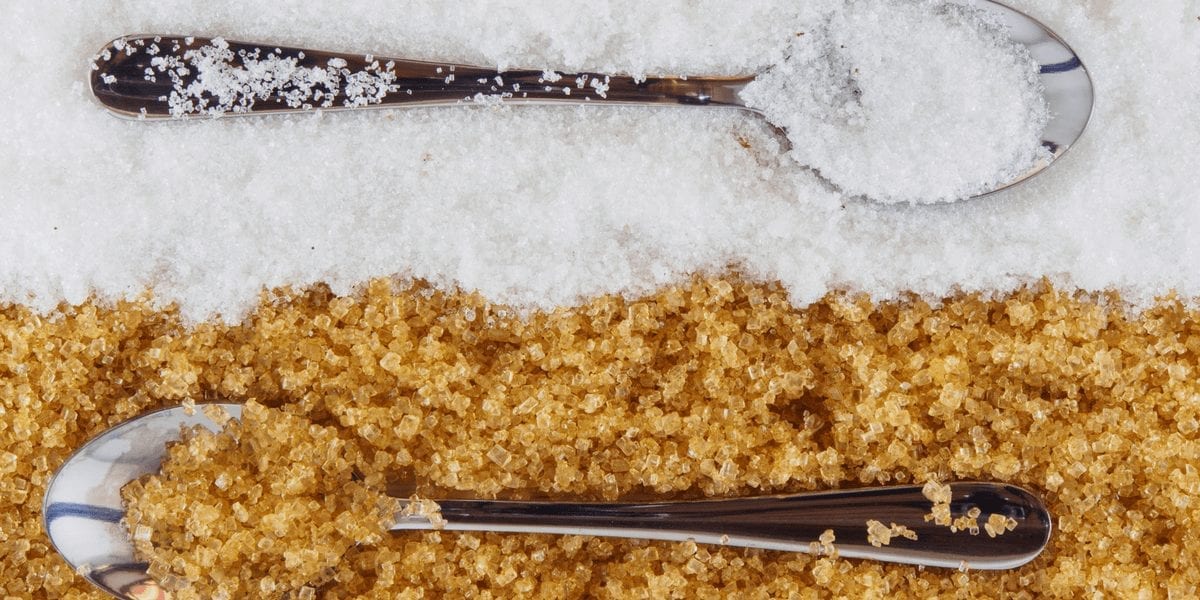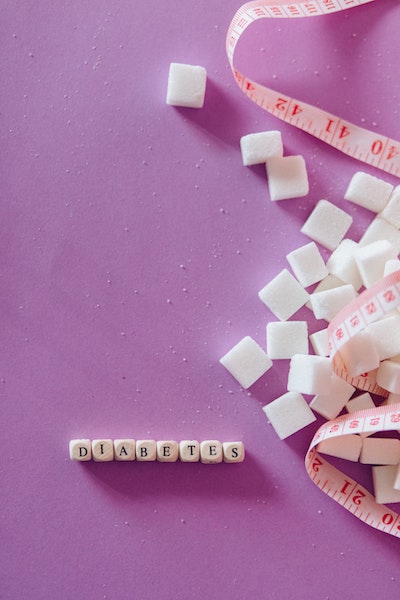Do acesulfame potassium, aspartame, saccharin, and sucralose sound like familiar ingredients to you? If not, does Sweet’N Low or Splenda ring any bells? It’s easy to get tricked into thinking these sweeteners are “zero calories, zero problems” but that couldn’t be further from the truth. Artificial sweeteners offer a zero-calorie appeal, but in return, they consist of highly processed chemicals that have misleading effects on the body.
What’s the problem with artificial sweeteners?
Artificial zero-calorie sweeteners trick your body entirely and confuses the digestive system in regards to what exactly is being consumed. The sugary taste sends a signal to the brain that high calorie foods are on the way, but when zero calories arrive, the gut cannot efficiently tell the brain it’s full. Instead, the gut continues to signal to the brain it needs more calories which ultimately results in over eating. If your goal is to lose weight, you can see how consuming these sweeteners are very counter productive despite their “diet-friendly” incentives.
In addition to these deceptions, ever since the first zero-calorie sweetener saccharin was invented, no definite study has been able to prove it’s links to cancer or other health complications. While no hard-core evidence exists, at the end of the day, digesting all of these lab-created sweeteners can’t be good for your internal health. After all, the human body wasn’t designed to break down ingredients with names like “sulfuryl chloride” and “ethyl alcohol,” which are just two of many foreign ingredients found in things like Splenda.
How to avoid artificial sweeteners?
Artificial sweeteners are added to about 6,000 products found in grocery stores and some food industries are trying to hide them in their nutrition labels. Because of this, knowing how to effectively read nutrition labels is an important skill you can take with you into the grocery store. For more information on learning how to do this, refer to our previous blog, “How to Read Nutrition Labels.” It sounds simple, but there’s more to it than you think!
Healthy alternatives:
Just because artificial sweeteners are bad for your body doesn’t mean that you should stop eating sugar altogether. In fact, there are plenty of organic and healthy alternatives to satisfy your sweet tooth! Try using organic products like local honey or maple syrup from the farmer’s market. These offer a much better substitute for sweets rather than artificial chemicals produced in a lab. Doing this consistently will train your body to adjust to the natural sweetness in raw foods while allowing for a much more natural digestion process.
Sweeteners like Swerve that contain erythritol and “natural “flavors” should be avoided.





